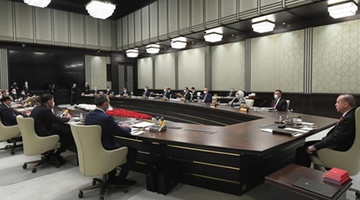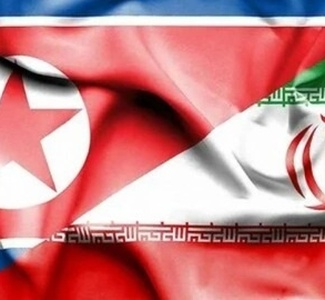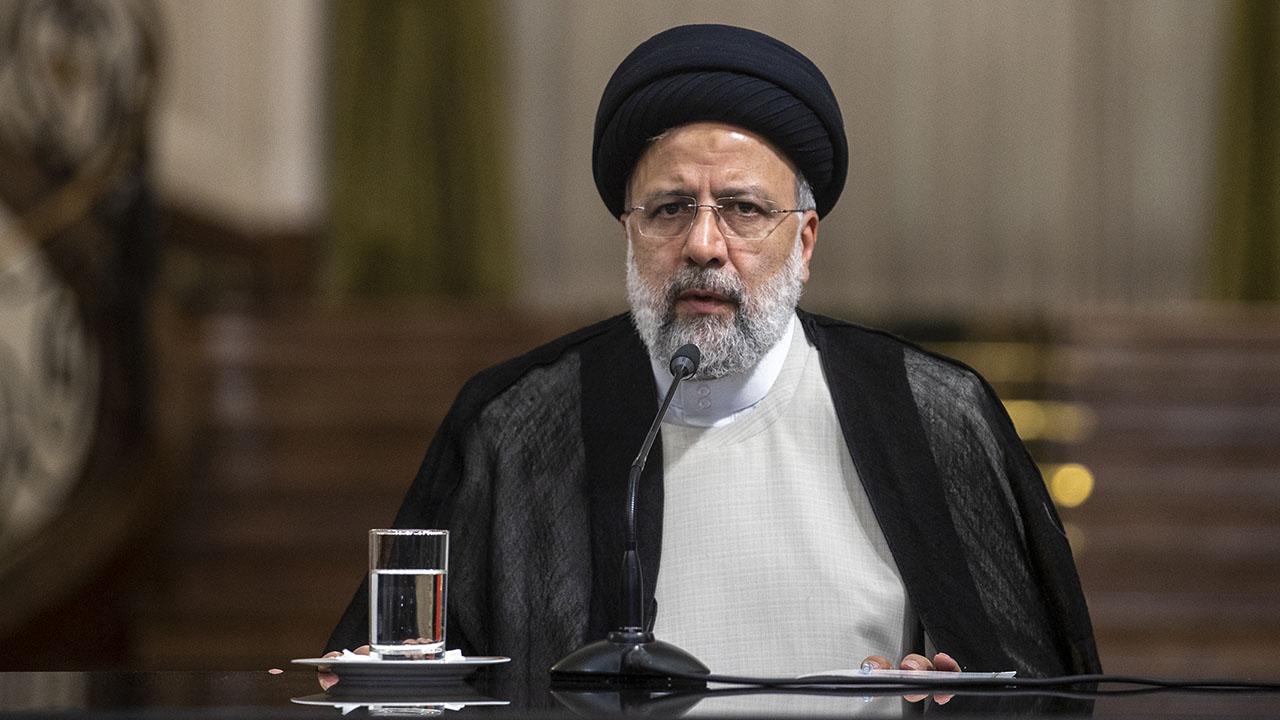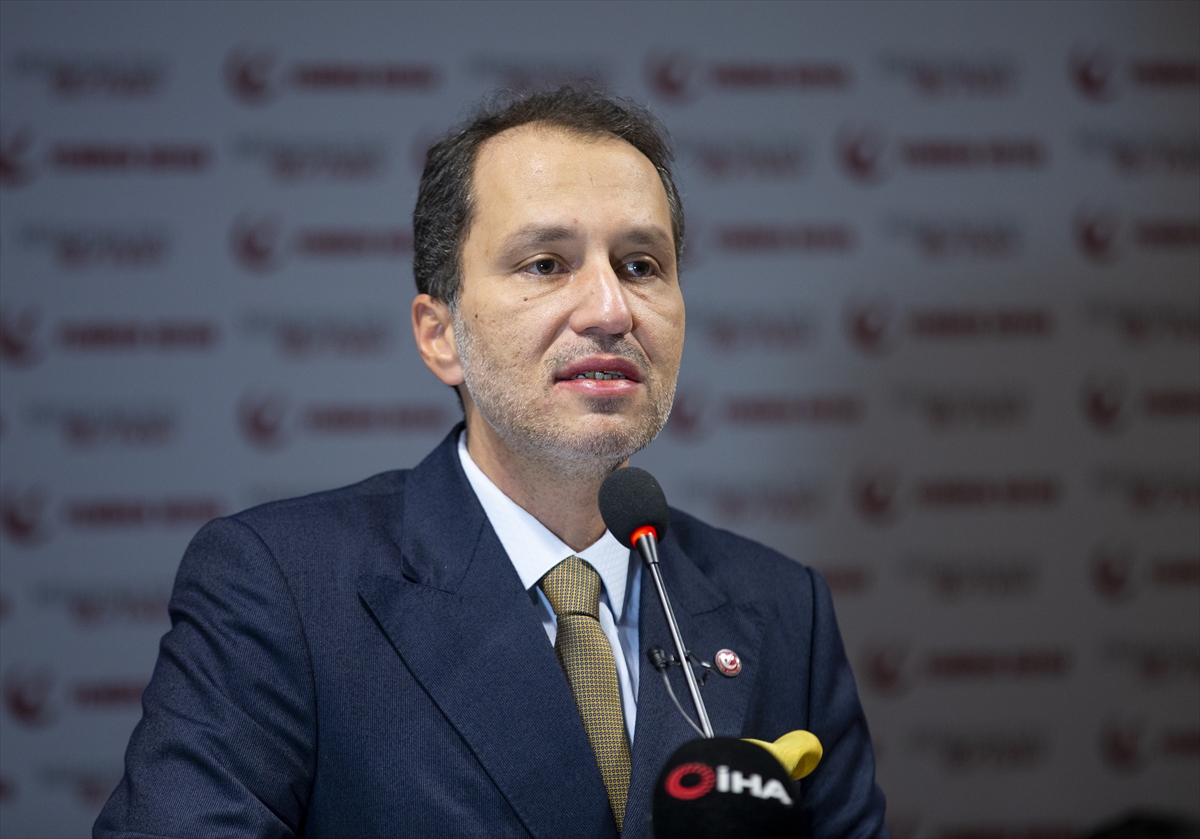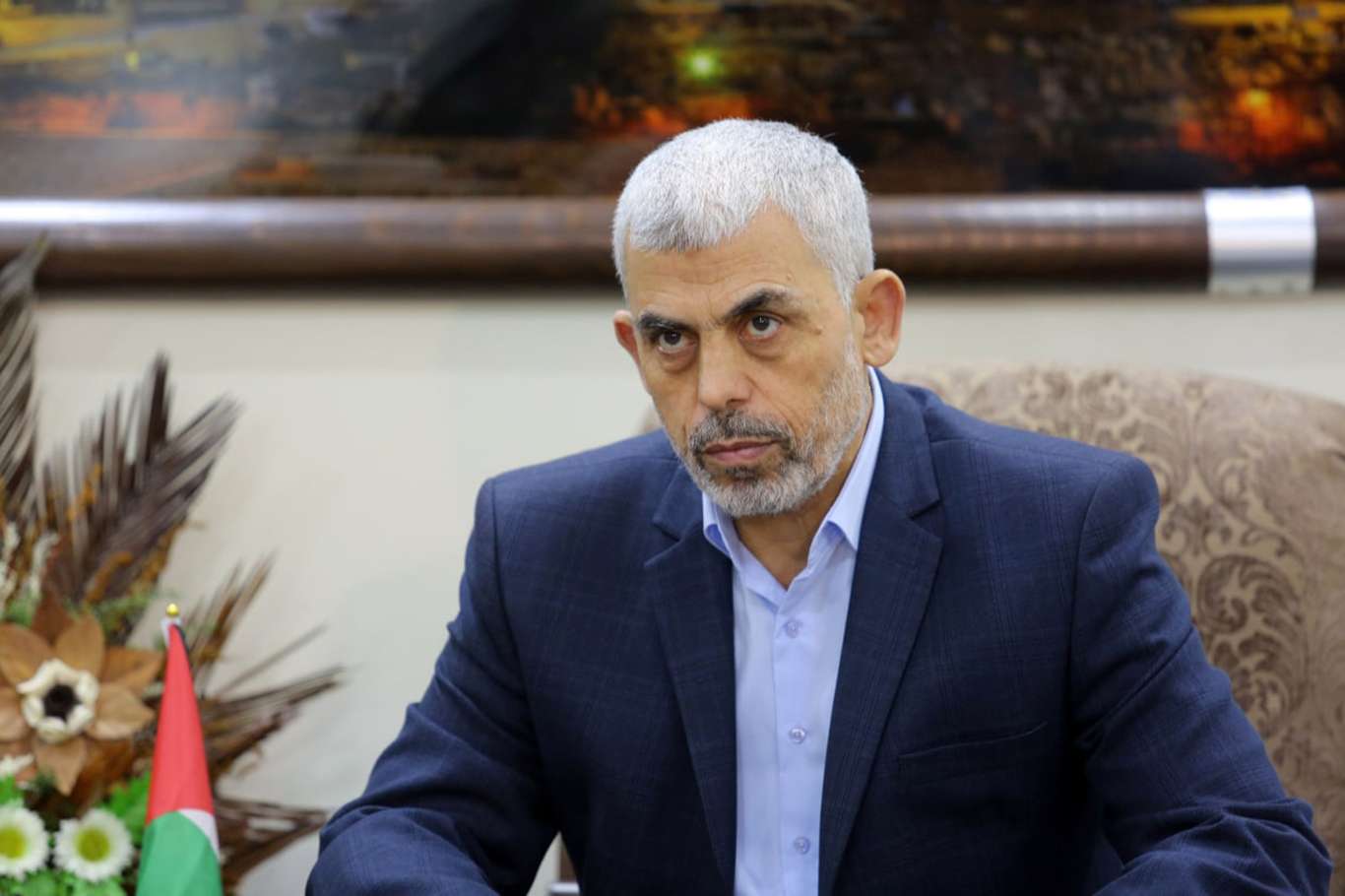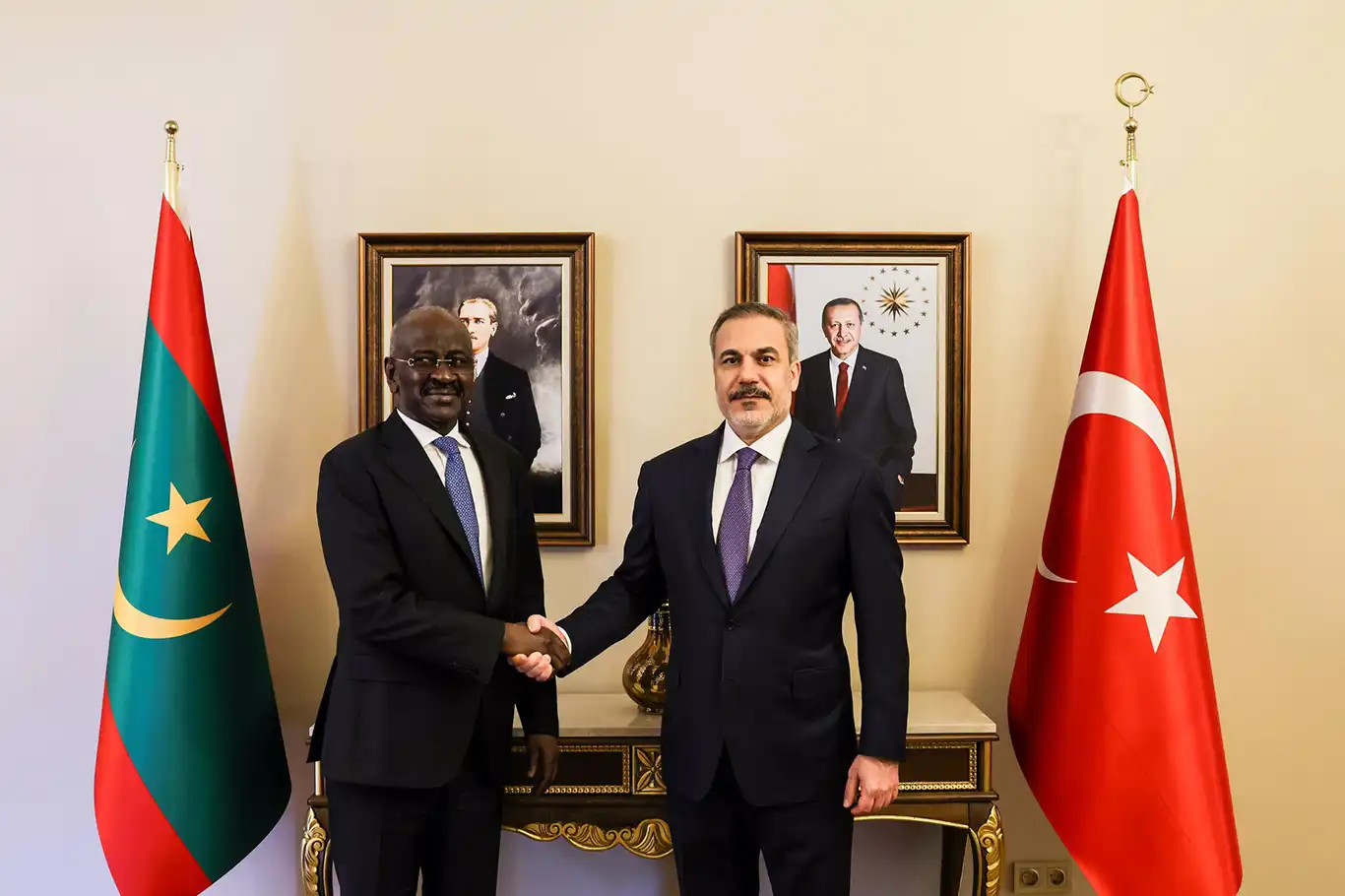Sheikh Said commemorated on the 95th anniversary of his martyrdom
"I don’t attach any importance to be hung on those worthless branches. My struggle is for Allah and His religion, said Sheikh Said, a prominent Islamic scholar, who was condemned to death by Search Independence Tribunal of Turkish Republic 95 years a

 Google News'te Doğruhaber'e abone olun.
Google News'te Doğruhaber'e abone olun. Before the establishment of Turkish Republic in 1923, the Ottoman Caliphate united all people under the banner of Islam. Under the Ottoman rule, ethnic and cultural diversities thrived by adopting a policy of recognition and toleration for other cultures. The abolition of the Caliphate gave rise to loosening the important religious ties between the Muslim communities of the Kurds and the Turks. At the same time, the abolition of the Caliphate caused anger among Muslims who strongly rejected the new state system based on the Western doctrines of republicanism, nationalism, and secularism.
Sheikh Said was a chief of Naqshbandi Islamic Order living in the Palu district of Turkey’s eastern Elazığ province. As he was a descendant of Prophet Muhammed (PBUH), he had a great influence over the region. Elimination of religious institutions, a move of Mustafa Kemal’s attempt to replace Islam, gave rise to Kurdish dissent against state authorities.
Some soldiers of the gendarme caused a reaction in the region when a few of them abused at some women during a tribal wedding in a village of Diyarbekir (present-day Diyarbakır) at the beginning of 1925, resulting in agitated young people beating up the soldiers. The commander of the military station asked Sheikh Said, who was an influential figure in the region, to hand over the perpetrators of the incident. Soon, appeared that these young people were also deserters. Sheikh Said said that all tribes were in the region due to the wedding and expressed his fear that the incident would turn into a larger problem. He assured the gendarmerie that he would hand over the people who were responsible as soon as the wedding was over. His attitude, however, was regarded as rebellious.
The people of Sheikh Said clashed with a gendarme platoon in the village of Dicle, Diyarbakir Province on 13 February 1925, which sparked a widespread uprising that would soon expand. Sheikh Said, who had taken the governor and the other officers captive by pressing Darahini (16 February), tried to gather the movement under a single center with a declaration urging the people to rise up in the name of Islam. In this statement, he used his seal which means 'the leader of the fighters for the sake of religion' and called everyone to fight for the sake of religion. The rebellion was initiated on behalf of the Islamic Sharia.
After receiving the support of the tribes of Mistan, Botan and Mhallami, he headed to Diyarbakır via Genç and Çapakçur (today known as Bingöl) and captured Maden, Siverek and Ergani. Another uprising, directed by Sheikh Abdullah, also moved towards Muş via Varto. The rebellion force which had taken over the Varto, even if they moved through Muş on later, they were beaten by militia force around Murat bridge and made them to retreat to Varto. On 21 February, the government declared martial law in the eastern provinces. Army troops sent to the insurgents on 23 February were forced to retreat to Diyarbakir in the Winter Plain against the Sheikh Said forces. The next day, another uprising under the leadership of Sheikh Sharif, who entered Elazığ, kept the city under control for a short time.
At the beginning of March, a force of about 10,000 people under the command of Sheikh Saeed attacked and besieged Diyarbakir. The ones who siege were getting supplied continuously and the siege were led by Sheikh Said himself. The garrison under Mürsel Pasha succeeded in pushing back the attacks that had lasted for days. But one night, with the help of the Kurdish residents, a group was able to enter into Diyarbakır. Their assets were spotted by the garrison. After a heavy collision between 7–8 March, the group was defeated in the city and only a few were able to escape. Sheikh Said, who saw the siege failing, lifted the siege and pulled his men out of Diyarbakir.
On 13 February 1925, Sheikh Said addressed the people in his sermon in the Piran mosque:
The madrasahs were closed. The Ministry of Religion and Foundations was abolished and the schools of religion were connected to the National Education. In the newspapers, a number of irreligious writers dare to insult the Prophet and extend the language of our Prophet. If I can do it today, I will start fighting myself and try to raise religion.
Sheikh Said, by the way, issued various declarations against the people with the signature of "Emir’ül Mücahidin Muhammed Said El-Nakşibendi". In addition, the Alevi Zaza tribal chiefs sent letters to the Alevi Zaza tribal chiefs, to the Kurdish bey, the network and the tribal leaders and the Turkish gentlemen and aghas in Ergani with the same signatures and invited them to join in a common struggle against the Kemalist rule. In one of the published statements,
"Since the day it was founded, Head of the Republic of Turkey and his friends trying to destroy the foundations of Islam by acting oppose to the Quran, denying Allah and the Prophet and exiling the caliph of Islam now demolishing this illegitimate regime a must to do for all Muslims and is legit according to the Sharia of Muhammed".
Also, in a letter which Sheikh Said sent to the Alevi Zaza tribal leaders Halil, Veli and Haydar in Varto it is written that:
In the name of Saving the Islam from the Mustafa Kemal’s hands, started to marching to the Susar. For this jihad, i strongly believe that your tribe which has bravery and zeal will come into aid regardless to sects, it is a duty for every Muslim who says 'Lailahe illallah Muhammedün Resulüllah'. O' Eyyühel-Ensar, let us save our religion and honor from these heretics and we will give your tribe the lands that you want. This government will make us heretic like themselves. Jihad must start.
On the other hand, Hasan Hayri Efendi, who was Dersim Deputy and Alevi Zaza, entered into solidarity with Sheikh Sharif, appointed by Sheikh Said as Commander of the Elaziz Front. A joint letter with Sheikh Sharif in Elaziz was sent to all the tribal leaders of Dersim on 6 March 1925.
Mustafa Kemal advocated for the resignation of Prime Minister Ali Fethi Bey against the rapid rise of the incidents, appointed İsmet Pasha to establish a new government on 2 March. A day later, the Turkish Grand National Assembly immediately adopted the Mantainance of Order Law [tr] (Turkish: Takrir-i Sükûn Kanunu) and granted the government emergency powers. The ban on the uprising has been extended to include other measures. In addition, it was decided to establish Independence Courts in Ankara and Diyarbakır.
In the meantime, the Sheikh Said forces, which took Diyarbakir under siege, began to retreat after being sprayed by government forces. After a large consignment, a mass attack (26 March), and with a suppress operation the Turkish troops made many of the enemy troops to surrender and squeezed the insurgency leaders while they were preparing to move to the Iran in Boğlan (today known as Sohlan). Sheikh Sharif and some of the tribal leaders were captured in Palu, and Sheikh Said too in Varto was seized at Carpuh Bridge with a close relative's notice (15 April 1925).
Seyit Abdülkadir, the chief of the Kurdish Teali Society and several of his friends who were accused of supporting the rebellion, were arrested in Istanbul and taken to Diyarbakır to be trialed. As a result of the trial, Seyit Abdulkadir and five of his friends were sentenced to death by the Independence Tribunal in Diyarbakır on the 23 May 1925 and executed four days later. A journalist for Kurdish newspapers from Bitlis, poet Hizanizâde Kemal Fevzi was also among the executed.
The Independence Tribunal in Diyarbakir also imposed a death sentence on Sheikh Said and 47 other Islamic scholars on the 28 June 1925. Penalties were carried out the next day, by Sheikh Said coming up first.
In total over 7000 people were prosecuted by the Independence tribunals and more than 600 people were executed.
After the uprising, the Turkish state prepared a Report for Reform in the East (Şark Islahat Raporu) in 1925, which suggested that the Kurds shall be Turkified. Thousands of Kurds fled their homes in southeastern Turkey and moved to Syria.
At the same time, thousands of people lost their lives. Hundreds of villages pillaged, lots of families were exiled to the Western provinces of Anatolia. (ILKHA)





























